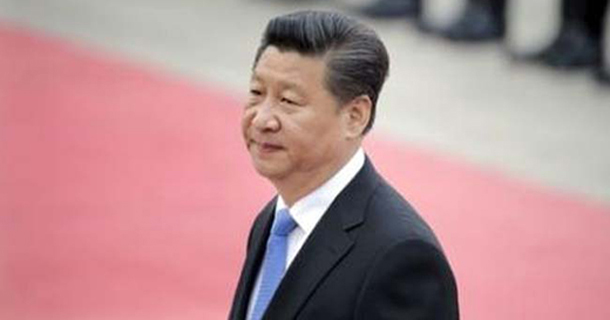The Central Chinese Government held a Working Conference on Tibet in Beijing on August 24-25, the sixth such government panel since the Chinese occupancy of Tibet in 1959. The focal topics of discussion were economic and social stability within the Tibetan Autonomous Region. The conference has reinforced China’s uncompromising stance regarding the Middle-Way Approach, the compromise proposed by the Dalai Lama and supported by the Central Tibetan Administration since 1988. A conference report states that “the Central Government did not in the past, nor is now and will not in the future accept the Middle-Way solution to the Tibet issue.”
The Chinese Government has long defended its opposition to the Middle-Way Approach, claiming that accepting true Tibetan autonomy would be tantamount to separatism within Chinese borders. President Xi Jinping views the ongoing occupation of Tibet as “an unswerving anti-separatism battle” within China.
The conference also laboured the Chinese administration’s denial of any wrong doing against the Tibetan community. Avoiding mention of cultural repression or religious persecution, a state media commentary on the conference emphasised the need for “patriotism among the Tibetan Buddhist circle”. The conference commentary stated that the Chinese administration is “against intervening and limiting Tibetan religious freedom”, even while calling on Tibetans to adapt their religious practice to be “compatible with a socialist society.” President Xi Jinping said during the conference, “Key efforts in the work for Tibet should be spent on ensuring national unity and consolidating ethnic unity, with realizing long-term and comprehensive social stability as an obligatory task.”
These contradicting statements represent the current attitude of the Chinese Government towards negotiations with Tibet, a state in which Chinese propaganda masks cultural and religious annihilation. The conference outcome suggests that unless the Chinese Government undergoes radical change, the outright rejection of calls for Tibetan Autonomy will continue.





 Print
Print Email
Email